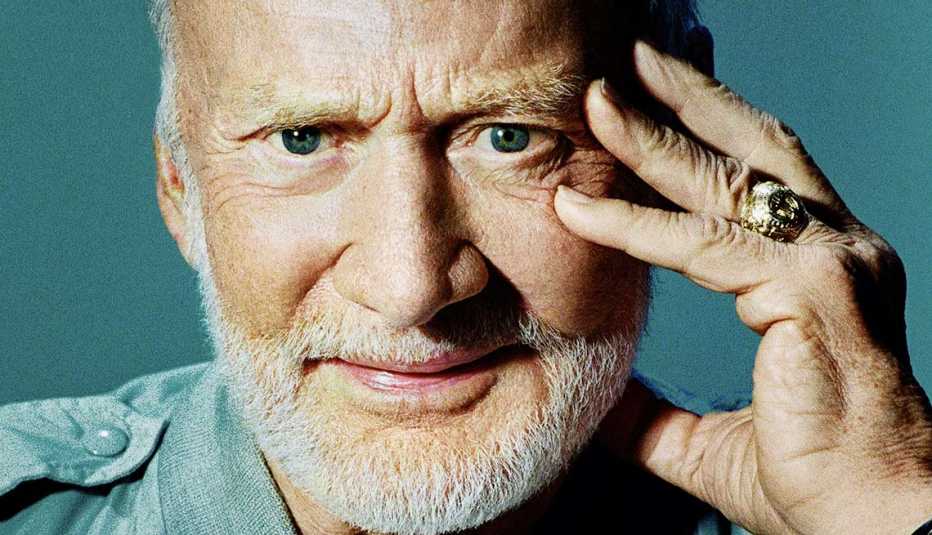AARP Hearing Center


You've said we need to become a space-faring species because humans face so many survival threats on Earth. What worries you most?
Probably an asteroid impact. That's a very low probability, but it could wipe out everyone. Although if you have a full-blown nuclear exchange between big powers, the people who survive would probably die out.
In your book Mission to Mars, you predict it won't be long before we land there, and recently said the date might be 2040. Could we have gone to Mars much earlier?
The information I got about a year ago is that when President Kennedy approached NASA in the early 1960s, he said, "I want to go to Mars." The NASA people spent a full weekend studying that, went to the president and said they had done the calculations and we were in no position to get to Mars. They told him they thought they could get to the moon.
How do you see a U.S. commitment to sending people to Mars unfolding?
The next president will use the 50th anniversaries of the Apollo missions to say the U.S. will lead international efforts to land on Mars within two decades.
The mission will only land on Mars?
The president will commit to a permanent presence on Mars from the first landing on, thereby gaining a legacy that is unmatched.
How old is too old to go to Mars?
People who are 10 years old now will be the right age to go. They’re in the target audience of my new book, Welcome to Mars. In 15 years they'll be old enough to start training. The life expectancy of those who choose to stay on Mars as permanent settlers might be reduced to what it would have been in 1900 or 1850.
Reduced life expectancy because of radiation?
Yes, though nobody seems interested yet in my idea of wearing a lead helmet and a lead jockstrap to stop radiation.
Will radiation be the greatest danger to humans who try to colonize Mars?
No, it will be mental status. It is the growing isolation, the irritation, the realization that this is the way it's going to be.

































































More on politics-society
A Conversation With Neil deGrasse Tyson
The science superstar talks about his new TV talk show, Mars exploration and why he likes aging